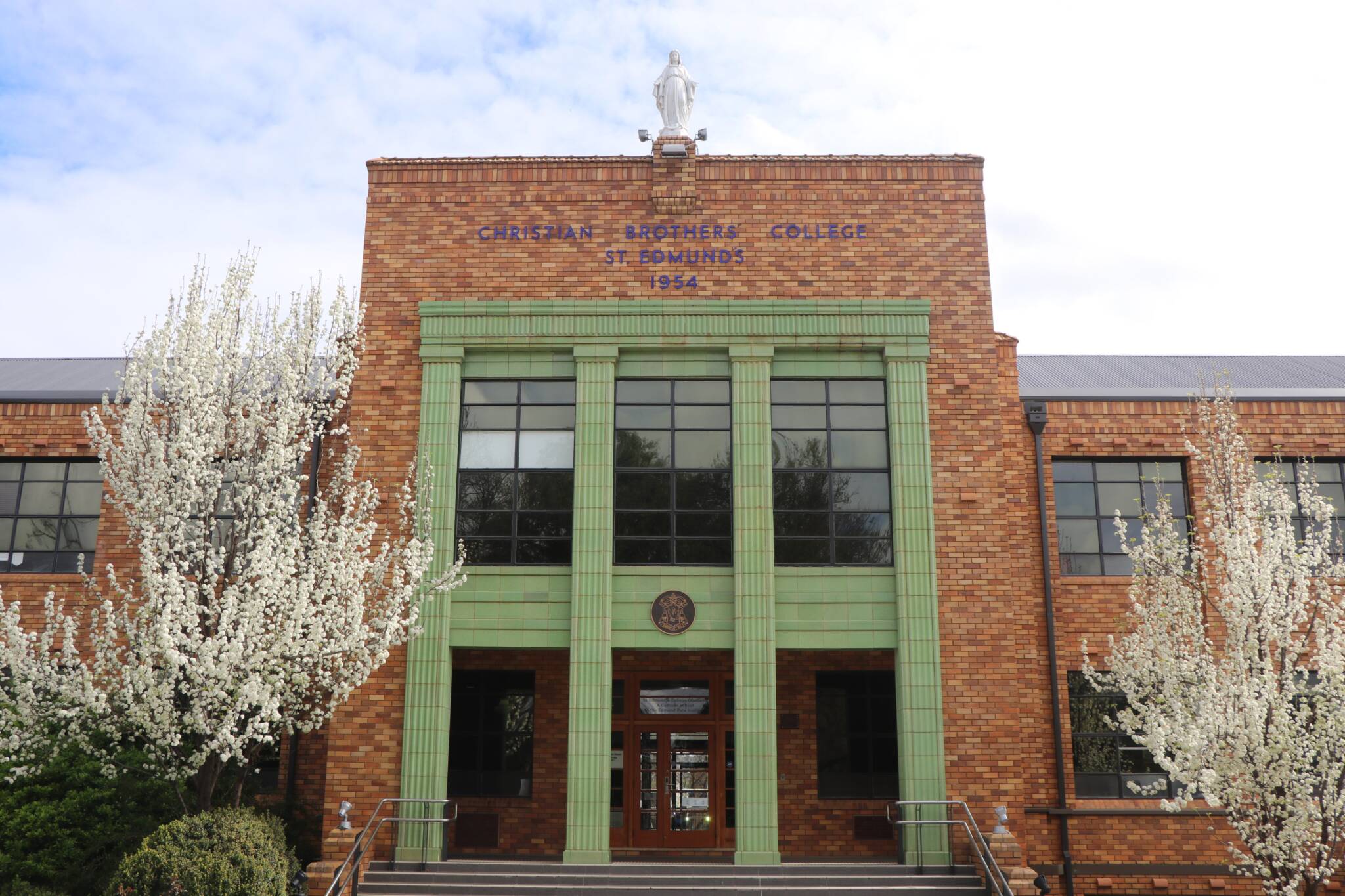National Reconciliation Week
St Edmund’s College and Edmund Rice Education Australia are committed to a genuine spirit of reconciliation. One of the four Touchstones that guide our Edmund Rice education at the College is Liberating Education. A Liberating Education aims to “open hearts and minds… so that through critical reflection and engagement each person is hope-filled and free to build a better world for all”. We hope that our students leave the College with open minds and discernment.
At the heart of reconciliation is listening and seeking to understand. Unfortunately, active listening and a genuine desire to understand are not as prominent as they should be in our community. Often, we are hearing people voicing their view without the desire to listen to and learn from others. We encourage our students to look for deeper understanding in the world around them, ask important questions, and be confident in taking action to build a better world for all.
National Reconciliation Week aims to deepen Australians’ understanding of our shared histories, cultures and achievements and explore how we can contribute to reconciliation in Australia. It aims to provide focus and opportunity for us to work towards making a just, equitable and reconciled Australia.
National Reconciliation Week is celebrated each year in Australia from 27 May – 3 June. These two dates are significant dates in our history:
- 27 May marks the anniversary of the 1967 referendum when Australians voted to remove clauses in the Australian Constitution that discriminated against Aboriginal and Torres Strait Islander peoples.
- 3 June marks the historic 1992 Mabo decision in which the High Court of Australia recognised native title—the recognition that Aboriginal and Torres Strait Islander peoples’ rights over their lands did survive British colonisation.
The week is preceded by National Sorry Day on 26 May. National Sorry Day was first held in 1998 and is commemorated nationally and honours and remembers the Stolen Generations.
A recent Edmund Rice Education Australia Council publication articulates very clearly the teachings of Blessed Edmund and how this hope-filled and liberating education works in our context. It provides a good example of how to approach and understand complex issues in our world.
Edmund was called to see the big picture beyond the pragmatic. He was asked to address the deeper questions, those that go beyond the immediate, to the heart and soul. He had to draw on his faith in the hope that his decisions were the right ones.
In the Christian tradition this is called ‘discernment’: the ability to look deeply into the implications of our decisions and seek ‘the good spirit’ and remove outside influences and distractions from the truth.
Edmund has passed on to us the process of discernment and we are called to be true to this challenge. Let’s consider the ‘Voice’ discussion in our community at present. We can focus on the immediate implications, the constitutional issues, the cost, even the right to have a voice.
But Edmund calls us to go deeper to a greater understanding of this decision. The deeper examination of this draws us back to understanding questions about dispossession, stolen generations, disintegrated families, and the personal cost of colonisation to our First Nations People.
If we can consider the deeper questions, examine the implications of past actions, and find the good spirit in our considerations we are more likely to make the right choice. The legacy of Blessed Edmund is an indication of his ability to discern. Our challenge is to do the same.
In the words of Pope Francis: “Discerning what is and what is not of God, we begin to see where and how to act. When we find where God’s mercy is waiting to overflow, we can open the gates and work with all people of goodwill to bring about the necessary changes.”
Edmund made decisions with a heart full of faith, hope, and love. We carry that motivation, that charism in our hearts today and pray that we may look deeper than the immediate, into the soul and spirit of our nation, our very own EREA, our families and ourselves.
Prayer for Reconciliation
God of all creation,
as we journey together in this Great Southern Land,
we pray for healing, forgiveness and unity,
creating a path of good will, with justice and compassion.
Jesus, through the power of your love, you have given us the courage, wisdom and strength to share our gifts and talents in humility.
In peace and understanding we reconcile with each other.
Creator Spirit, we come together in prayer and thanksgiving for the many blessings we have received. Allow your Spirit to wash over us and give us strength to walk together as one.
This Reconciliation Church prayer was written by a small group of Aboriginal Elder women and Reconciliation Church staff members in 2014
Ian Garrity
Acting Principal
Christus Lux Mea

